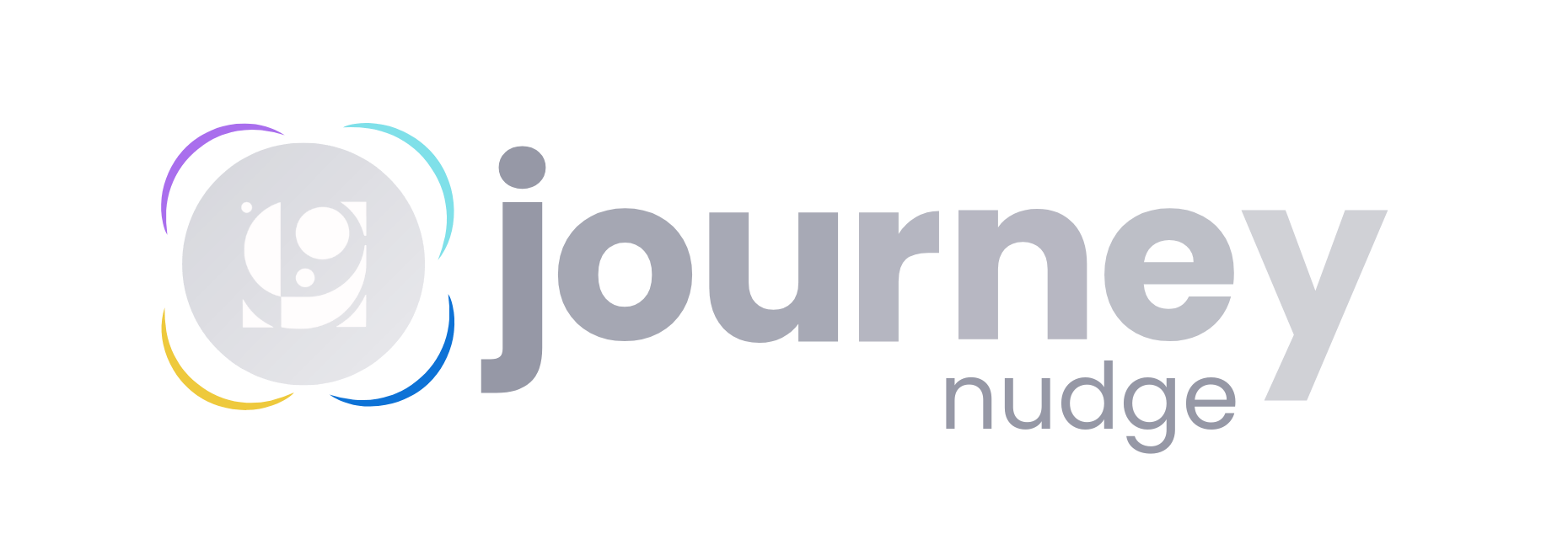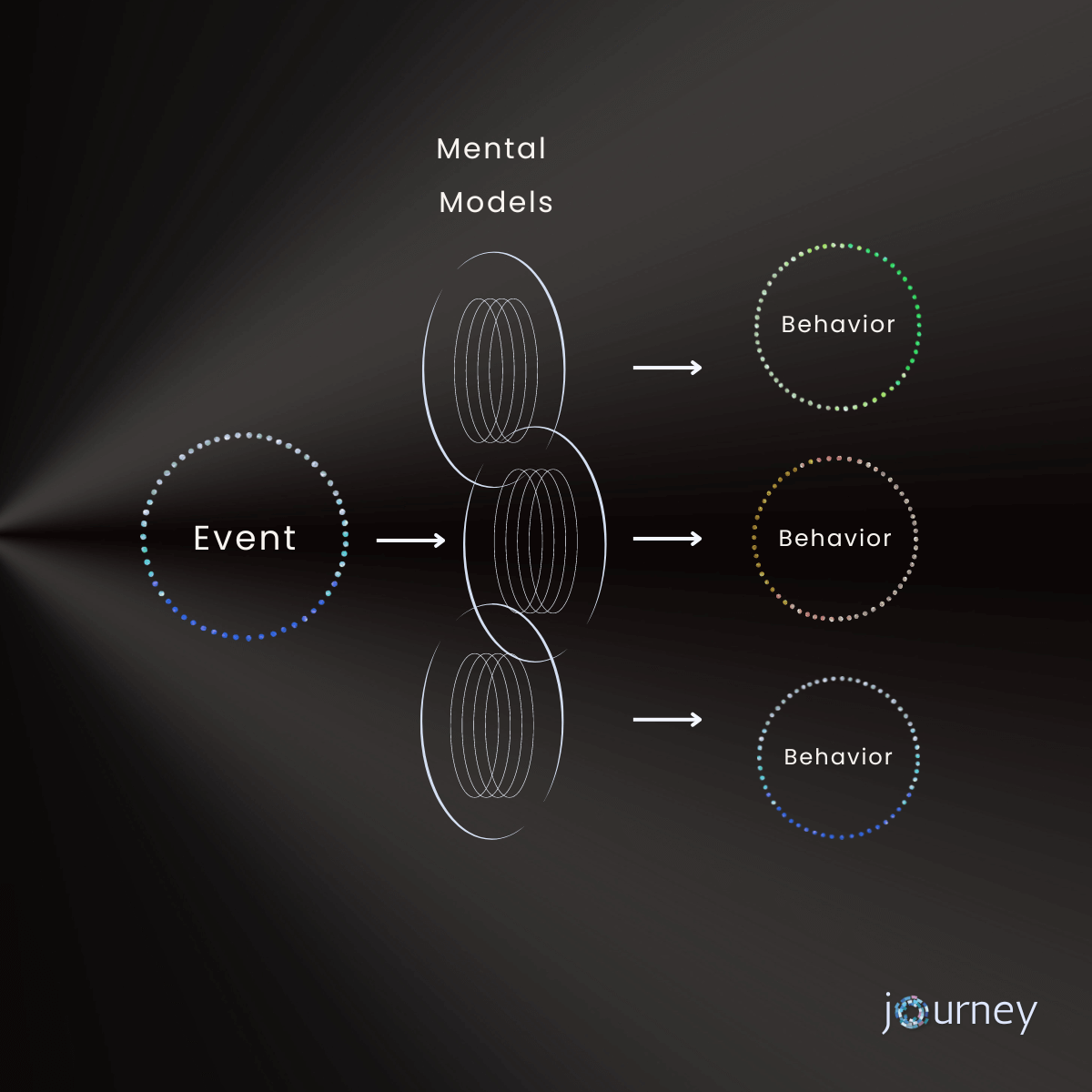Read time: 5 minutes
Key Points
- Use Concrete Concepts: Shift from abstract ideas to concrete nouns and real-world examples. This makes your content more relatable and understandable to the reader.
- Write for a Less-Informed Audience: Assume your audience is intelligent, but not well-versed in your field. This approach helps in maintaining clarity and simplicity in your writing.
- Get Feedback: Seek feedback from someone who represents your target audience. They can help identify areas in your writing that may be confusing or unclear.
- Take a Break Before Editing: Allowing some time between writing and editing can give you a fresh perspective on your work. This distance helps you approach your writing from the reader’s perspective and identify areas for improvement.
Mindful Communication for Everyday Clarity and Understanding
Steven Pinker: The Curse of Knowledge
Today, let’s talk about how we can hone our writing and communication skills, inspired by the insights of cognitive psychologist Steven Pinker. Here’s the breakdown.
You might be an expert in your field but that doesn’t mean your audience is. So, when you write or speak about the content, you need to make your expertise accessible. Pinker recommends doing this by focusing on concrete, tangible things rather than abstract concepts. You want to approach writing like you’re having a conversation with a smart friend who’s not in your field.
It’s easy to get lost in jargon, especially when you’re deep into your subject matter. Pinker calls this the ‘Curse of Knowledge’. He suggests getting feedback from someone in your audience, which helps you see your work through fresh eyes. You might also want to take a break before editing, allowing your brain to reset and perceive your work anew.
Writing is an art, but Pinker talks about the plague of ‘Eses’—academese, legalese, etc., that can make a piece of writing inaccessible or even boring. He doesn’t necessarily think writers do this intentionally to obscure, but rather, it’s a byproduct of a cognitive process he terms ‘chunking’. Chunking refers to the process of grouping concepts into higher-level abstractions, which can make your writing seem vague to others.
There’s also something he calls ‘functional fixity’, where we refer to things by their function rather than describing them. For example, using ‘assessment word’ for ‘true/false labels’. This could leave readers scratching their heads, unable to relate to what’s being discussed.
Self-Evaluation Questions
1. Curse of Knowledge: Think of a topic you’re very familiar with. How would you explain it to a friend who doesn’t share your background knowledge? What assumptions might you need to drop?
2. Avoid Over-Abbreviation and Technical Terms: Review your conversations from the day. Were there instances where you could have explained an acronym or technical term to help others understand better? Can you think of ways to avoid jargon in the future?
3. Use Examples: Reflect on a complex idea you tried to convey recently. Can you come up with a real-life example or analogy that could have helped make your point clearer?
4. Beware of Chunking and Functional Fixity: Recall a discussion where you had a difference of opinion. Were there moments where you might have been assuming the other person was viewing the situation through the same lens as you? How might their “chunks” be different from yours?
5. Pause and Review: Reflect on your interactions from the day. Were there instances where summarizing or reiterating your main points would have been helpful? How can you implement this in future conversations?
6. Get Feedback: Think of a conversation or presentation where you felt unsure about how well you communicated. How might you approach getting feedback on your communication in that situation?
Actionable Nudges
Here are some actionable steps, based on Pinker’s insights:
- Swap abstract concepts for concrete nouns and real-world examples.
- Write for an audience that’s intelligent but not necessarily informed about your topic.
- Get feedback from a member of your target audience.
- Take a break before editing, giving your brain time to ‘forget’ and see things with fresh eyes.
By contemplating these questions, you can bring more awareness to your communication habits and find opportunities for improvement. Remember that improving communication is an ongoing journey, and every step you take towards clearer, more effective communication is a victory!

